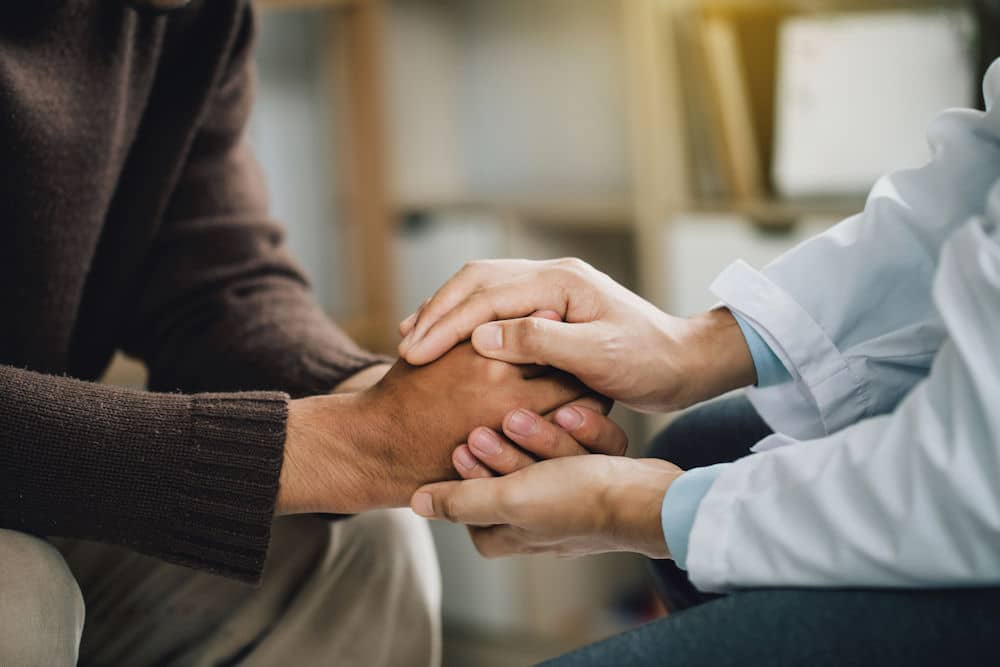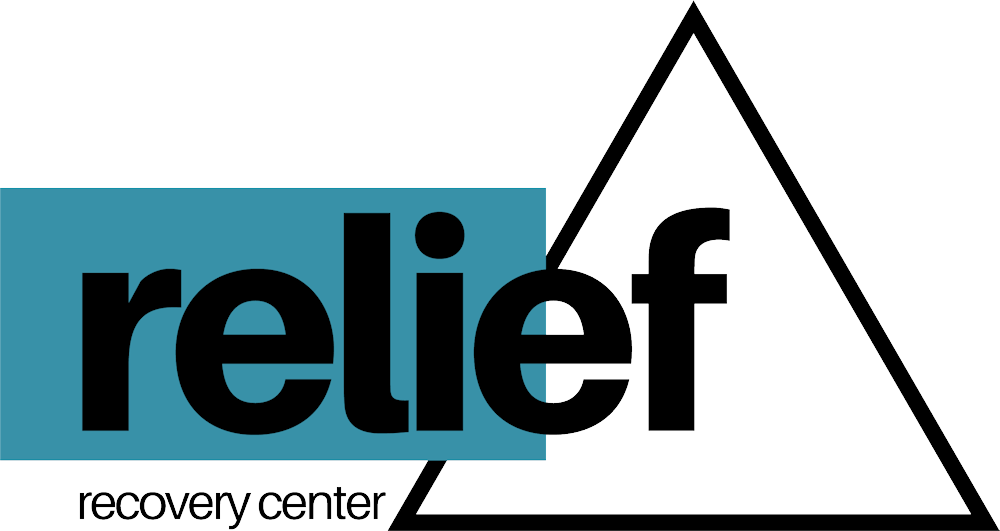The Journey to Healing: Bringing Light Back Into Lives
The Road to Recovery: What Does Recovery Process Look Like?
» Resources »
The journey towards addiction recovery is a difficult one, but it is an incredibly rewarding experience. However, the recovery process is not a one-size-fits-all approach, as everyone’s recovery journey is unique. The road to recovery can be broken down into several stages, each with its own challenges and rewards.
“Recovery is not a race. You don’t have to feel guilty if it takes you longer than you thought it would.”
Stage 1: Detox
The first stage of the recovery process is typically detoxification, which is the process of safely and gradually withdrawing from drugs or alcohol. This stage can be difficult, as withdrawal symptoms can be intense and uncomfortable. However, it is a crucial step towards recovery, as it allows the body to cleanse itself of the toxins caused by substance abuse.
- Qualifying for detox depends on the individual’s substance use history and current physical health status
- A medical evaluation is typically conducted to determine eligibility and the appropriate level of care
- The detox process can last anywhere from a few days to a few weeks, depending on the substance and the severity of the addiction
- During detox, individuals may experience withdrawal symptoms, which can range from mild to severe and may require medical intervention
- Detoxification is the first step in the recovery process and is crucial for the individual to begin treatment with a clear mind and body
Is Your Loved One Refusing to Get Help? It’s Time to Stage an Intervention.
Our center offers comprehensive intervention services, including preparation guidance, an onsite leader to lead the intervention, and follow-up touches to ensure the best possible outcome for your loved one.
Stage 2: Rehabilitation

Day Treatment Program
Day Treatment Programs are designed for patients who still require a significant amount of support and structure, but who do not require 24-hour medical supervision. They offer a more flexible treatment option, allowing patients to receive intensive treatment during the day and return home at night.
During day treatment, patients typically participate in a range of therapeutic activities, including group and individual therapy sessions, educational classes, and other evidence-based treatments. They also receive medical supervision, medication management, and other forms of support as needed.
The goal of day treatment is to help patients continue to build on the progress they made during inpatient treatment, while gradually transitioning back to their daily lives. By providing a structured and supportive environment, Day Treatment Programs can help patients develop the skills they need to maintain sobriety and mental wellness over the long-term.

Intensive Outpatient Programs
IOPs offer a structured program that includes group therapy, individual counseling, and other evidence-based treatments to help individuals maintain sobriety and develop healthy coping mechanisms. The frequency of sessions can vary but typically involves at least nine hours of treatment per week.
IOPs are particularly helpful for those who need additional support after completing inpatient treatment or for individuals who do not require inpatient treatment but still need more intensive care than traditional outpatient programs. They can also be a good option for individuals who have relapsed and need additional support to get back on track.
At our center, we offer a comprehensive IOP that is tailored to each individual’s specific needs and goals. Our team of experienced professionals provides ongoing support and guidance throughout the treatment process, empowering individuals to continue on the path to long-term recovery.

Outpatient Treatment Program
Outpatient treatment programs allow individuals to receive treatment while still living at home and attending work or school. This type of treatment typically involves therapy sessions with addiction specialists, individual and group therapy, and medication management if needed.
Outpatient treatment programs also provide a safe and supportive environment for individuals to continue to work on their recovery while re-integrating back into their daily lives. This can include developing coping strategies, relapse prevention techniques, and continuing to build a support network.
At our center, we offer a range of outpatient treatment programs to meet the unique needs of each individual in recovery. Our experienced addiction specialists work closely with each patient to develop a personalized treatment plan that includes the right combination of therapy, counseling, and support to help them achieve and maintain long-term sobriety.
Stage 3: After Care
After rehabilitation, the next stage of the recovery process is aftercare. This stage involves ongoing support and treatment to help individuals maintain their sobriety and prevent relapse. Aftercare may include participation in support groups, continued counseling or therapy, and regular check-ins with healthcare professionals.
The goal of aftercare is to help individuals transition back into their daily lives while maintaining their commitment to sobriety. It provides a safe and supportive environment where individuals can continue to work on the issues that contributed to their addiction and learn coping skills to prevent relapse.
It is important to remember that the road to recovery is not always a smooth one. There may be setbacks and challenges along the way, but with the right support and resources, individuals can overcome these obstacles and continue on their journey toward a fulfilling life in recovery.
Relapse Prevention
Relapse is a term used to describe a return to substance use or addictive behavior after a period of abstinence or recovery. It can occur during any stage of the recovery process, even after long periods of sobriety.
Relapse is often a sign that a person needs additional support or a change in their treatment plan. It can be triggered by various factors, including stress, negative emotions, exposure to triggers or cues associated with drug use, and social or environmental factors. However, relapse is not a failure or a moral failing but rather a common part of the recovery journey. With the right support and tools, a person can overcome a relapse and continue on their path to recovery.
If You Need Help Overcoming Substance Use, We’re Here to Support You, Just Take the First Step!
Contact Relief Recovery Center for a consultation and begin your journey to recovery. When making a call to Relief Recovery Center you will be greeted by one of our care coordinators who will guide you through a quick and easy process to start you on your path of recovery!
